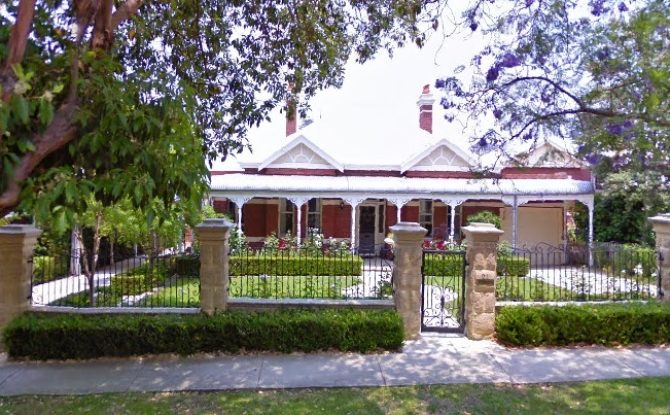On 15 September 2020, the Treasury has released the Amendment Rules in relation to the Jobkeeper extension (Jobkeeper 2.0) that was legislated on 16 September 2020. The new extension rules will apply from 28 September 2020 onwards to 28 March 2021 and it will affect all Jobkeeper participants, including employees and business participants.
In short:
- Businesses need to reassess their eligibility criteria from 28 September 2020 onwards in order to continue to qualify for Jobkeeper, and again on 4 January 2021.
- Payment rate will be reduced for both employees and business participants, and be split into tiers, depending on the number of hours worked





